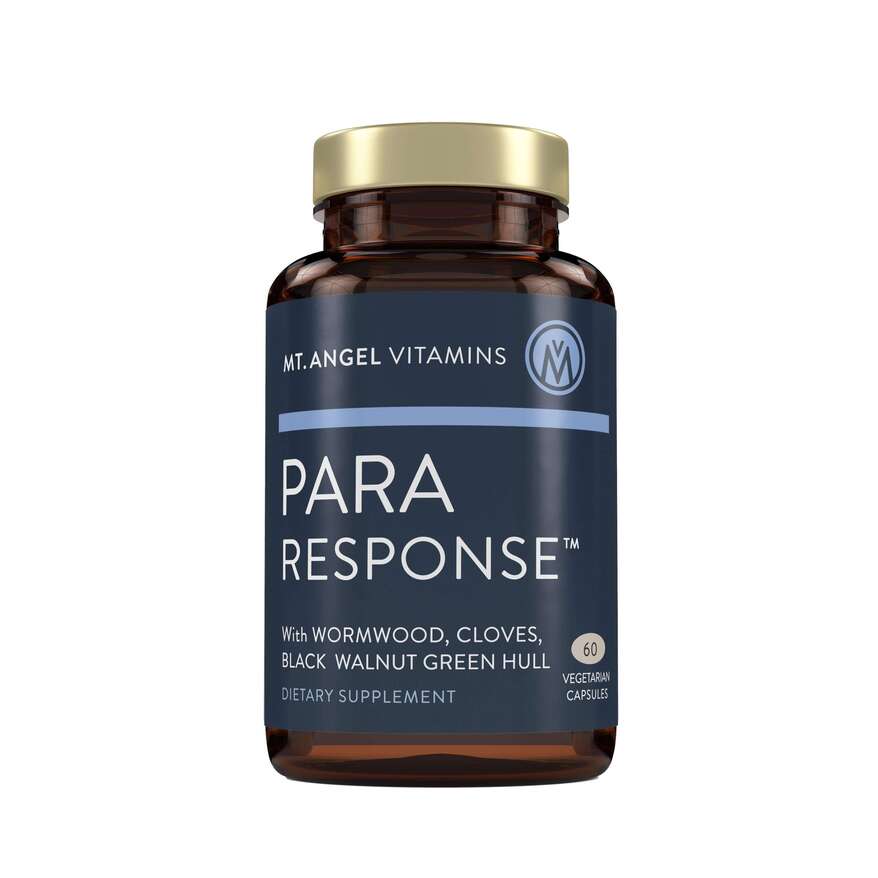A gut reset on vacation? Why would you do that?
We’ve all been there. You’re enjoying yourself on vacation, and all of a sudden you’re in pain with stomach issues. Can you avoid these stomach issues when you travel? Or once you’re in pain, how do you do a gut reset to get things back on track? We’ve got some tips to help you avoid the stomach problems in the first place. Plus, some remedies to take with you just in case.
Planning Ahead
If you’re planning for your dream vacation, you’re planning for all the fun stuff. The adventures. The memories. The food. Time off work. As you prepare for your trip, you may research how soon you need to get to the airport before you fly, the cultural differences you need to know, and what to wear. And if you’re like many of our customers, you’re probably packing some of your favorite healthy snacks and your supplements too.
Something you may not be prepared for or even want to think about is digestive discomfort while away from home. However, in a recent survey of 2,200 Americans, 65% of them reported experiencing an upset stomach while traveling and over half reported digestive issues ruining 2-3 days of their vacation.
No, thank you.
I’ve spent time much time traveling and have found several things to help me combat any potential digestive issues that may come my way while I’m on my adventures. It’s not always perfect, but I am always prepared.
Why Does Digestive Health Suffer During Travel?
When you’re on the road, your body experiences a lot of changes—different time zones, new foods, and irregular meal times. All of these can throw your digestive system out of balance.
Digestive issues, like bloating, constipation, or diarrhea are the most common while traveling. And any of these issues could quickly turn your dream trip into a nightmare.
But with some planning and the right nutrients, you can set yourself up to avoid these problems.
Food and Hydration Matter
When traveling, you might not always have access to your usual foods. Plus, being on the road is often a great time to treat yourself. After all, we’re big proponents of the 80/20 rule around here. We enjoy giving ourselves room to live a little and allow for some occasional indulgences.
But as easy and tempting as it is to go all out and live it up to the fullest while traveling, there may be unexpected consequences. And not just on the scale when you get home. Try your best to avoid overeating. It’s easy to overindulge when you’re on vacation, but overeating can overwhelm your digestive system. Try to stick to regular meal sizes and avoid heavy, fatty foods.
Try to also incorporate high fiber foods to try to keep things moving down there. No matter where you are, you can likely find some fiber rich foods like apples, berries, raw vegetables or almonds.
When it comes to digestion, hydration is often overlooked. However, hydration is essential to maintaining a healthy digestive system. If you’re traveling, especially if you’re in a warm climate, it is very easy to get dehydrated. Be sure you are drinking lots of water and always have some stick packs of electrolytes available.
Read How to Eat Healthy on a Road Trip
From Immune Support to a Total Gut Reset, Take These Supplements With You
In addition to my usual supplements, when I travel there are a few extra things I always make sure I have.
- Probiotics. Though this is part of my daily routine anyway, I always make sure I pack probiotics. Thankfully, there are so many great shelf stable options now for making it more convenient to take on the road.
- Gut Friendly and Immune Supporting Herbs. There are many herbs that are great for keeping on hand while traveling, though I do want to travel light, so I was happy to discover that Mt. Angel has a product that I love for travel. Para Response has potent immune-supporting ingredients like Wormwood Leaf and Flower, Green-Hulled Black Walnut, Cloves & Pau D’Arco. It’s designed so your gut can protect good bacteria and fight off unwanted microbes you may digest from foreign food or come in contact with while traveling. It can be taken for up to 2 months at a time if needed but is not for continuous use. In addition to use during travel, you could also try it if you are a homebody and are looking for cleansing support to give yourself a gut reset.
- Activated Charcoal. Whenever I get a stomach bug, this is one of my go-to products. It helps absorb toxins in the gut and expel them out of the body. While I don’t usually take this on domestic trips since I can likely find it if I need it, when I travel internationally, this is a must-have just to be on the safe side.

Try PARA Response
Nature has provided so many nutrients to support us when unexpected digestive troubles arise. It’s so much better to be ready just in case of a digestive emergency. The Boy Scouts always say, “Be prepared,” and they couldn’t be more right.
The Importance of Planning Ahead
Just like you plan your itinerary and pack your bags, it’s important to plan for your digestive health. Don’t wait until you’re on the road to think about it. Start preparing a few days before your trip by eating a balanced diet, staying hydrated, and getting enough rest. Consider packing supplements to take with you just to be on the safe side so if the unexpected happens, you are ready to face it, and not let it ruin your trip. Whether you’re planning an international adventure or a weekend getaway, don’t forget to take care of your digestive health—it’s just as important as planning your itinerary. Safe travels!


